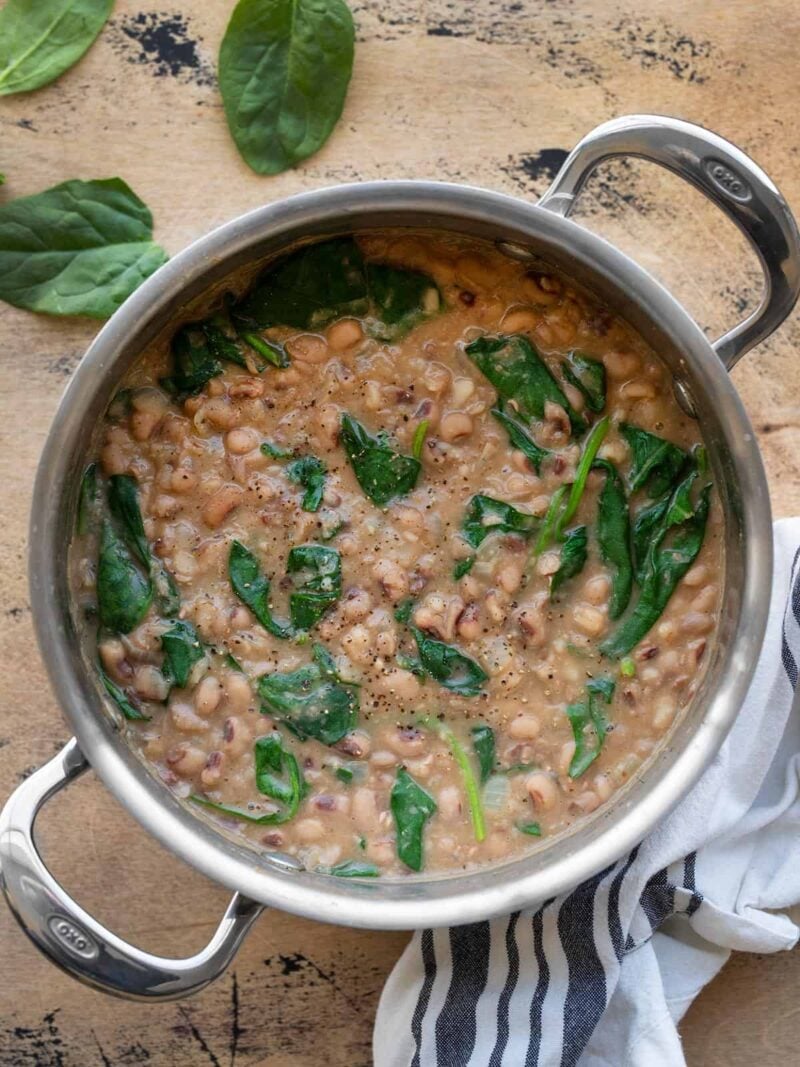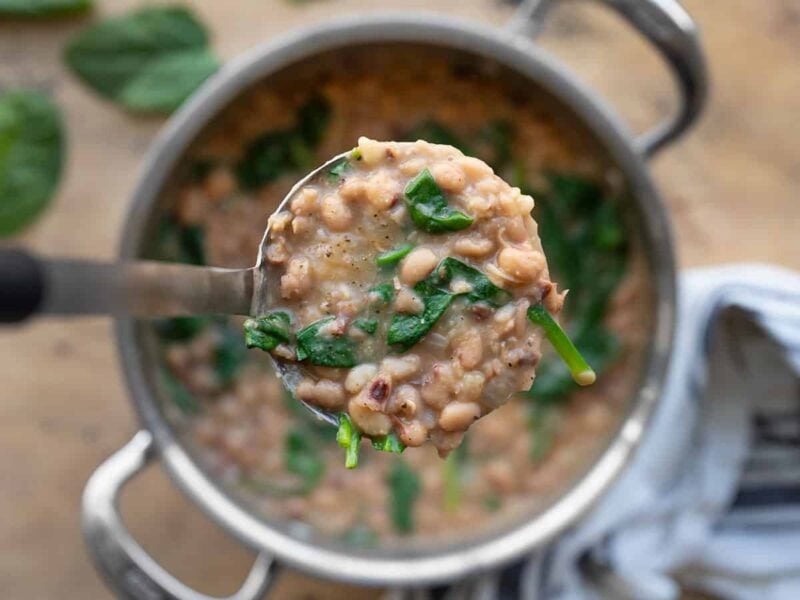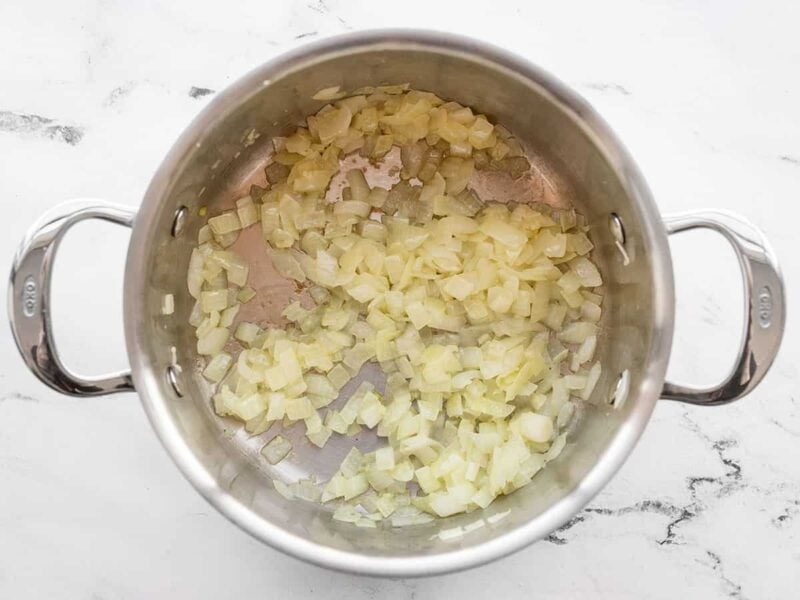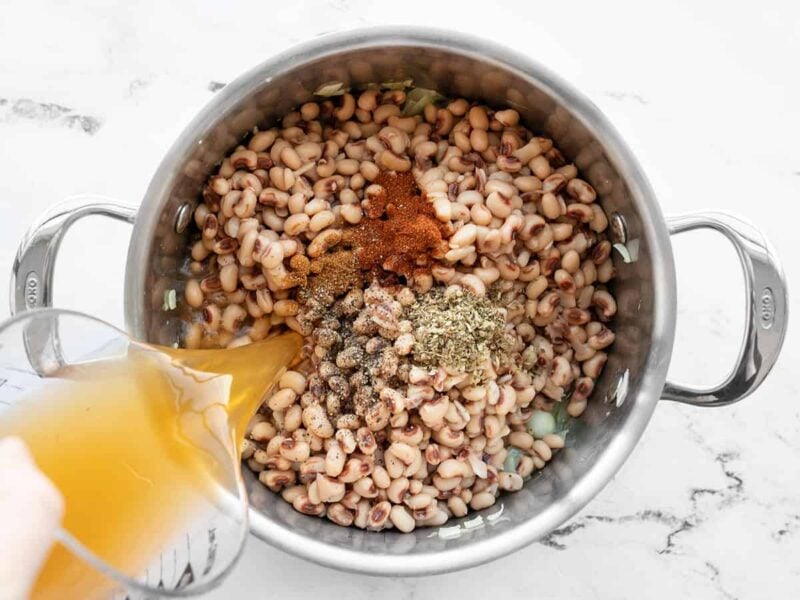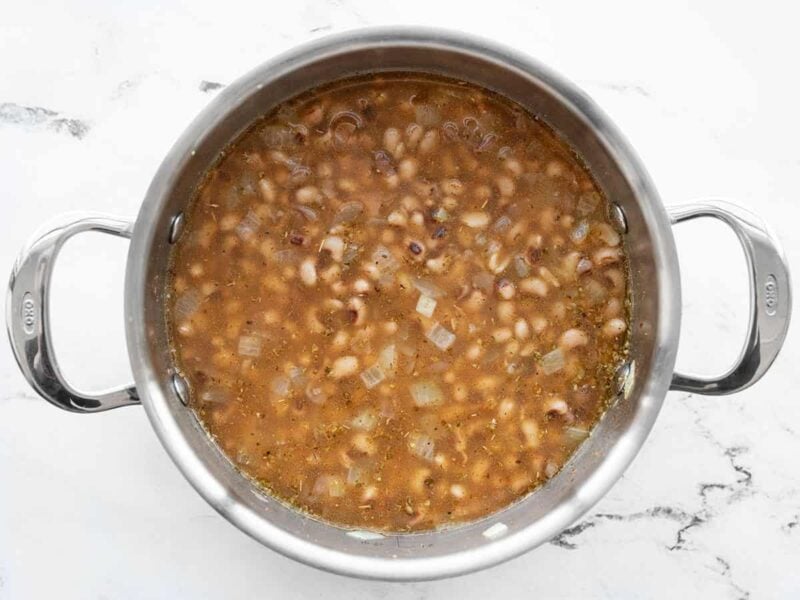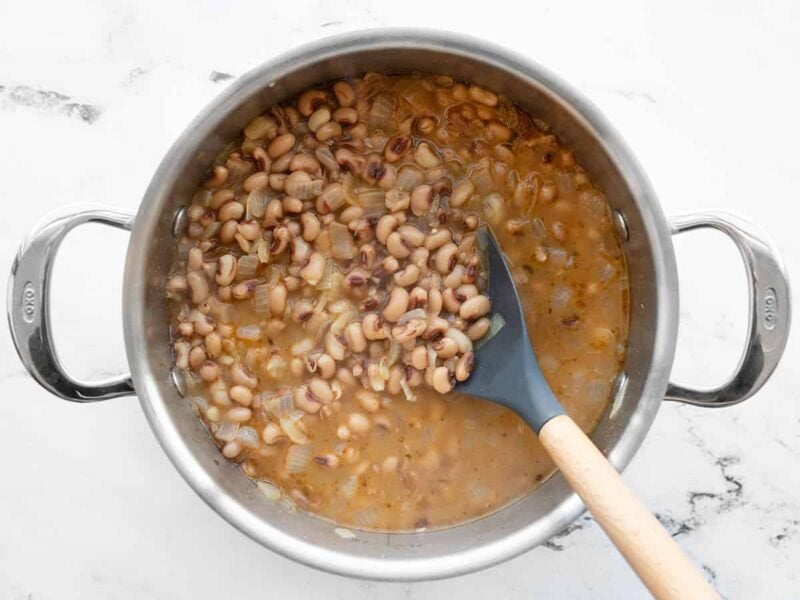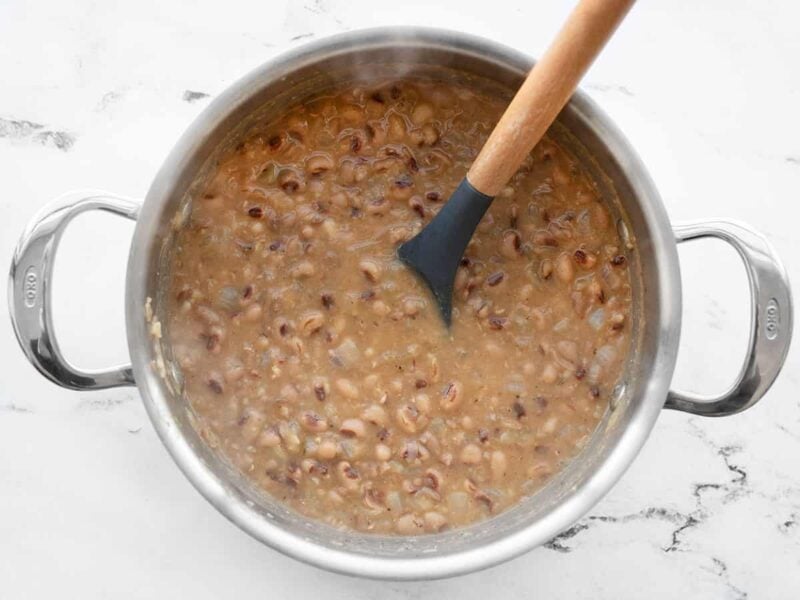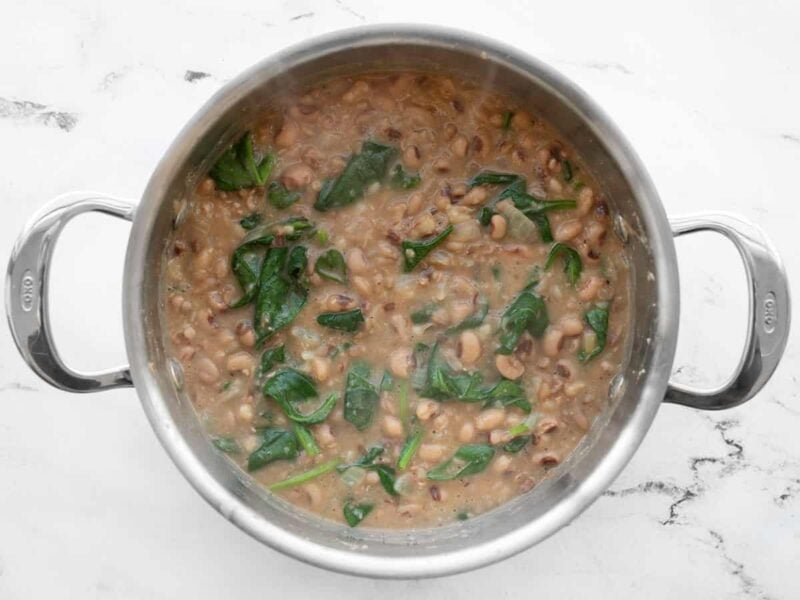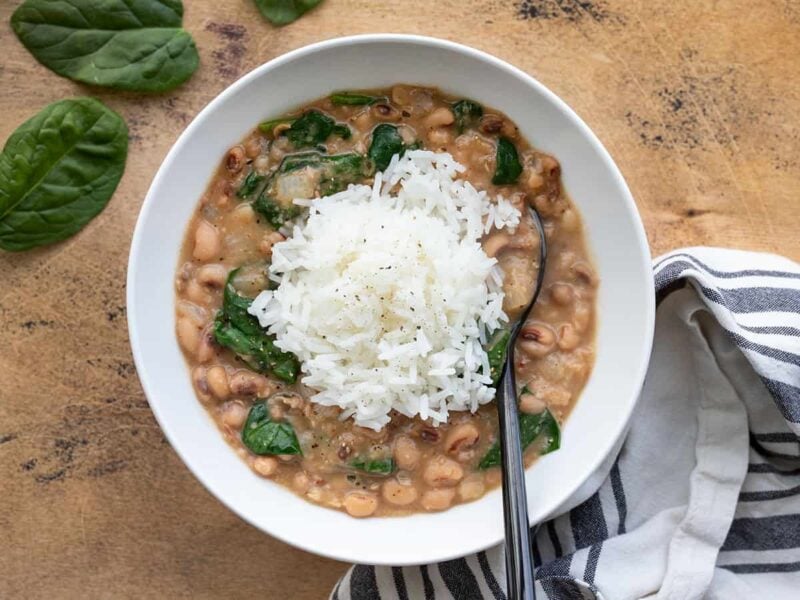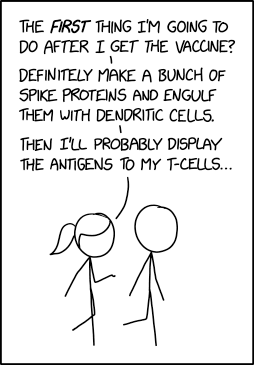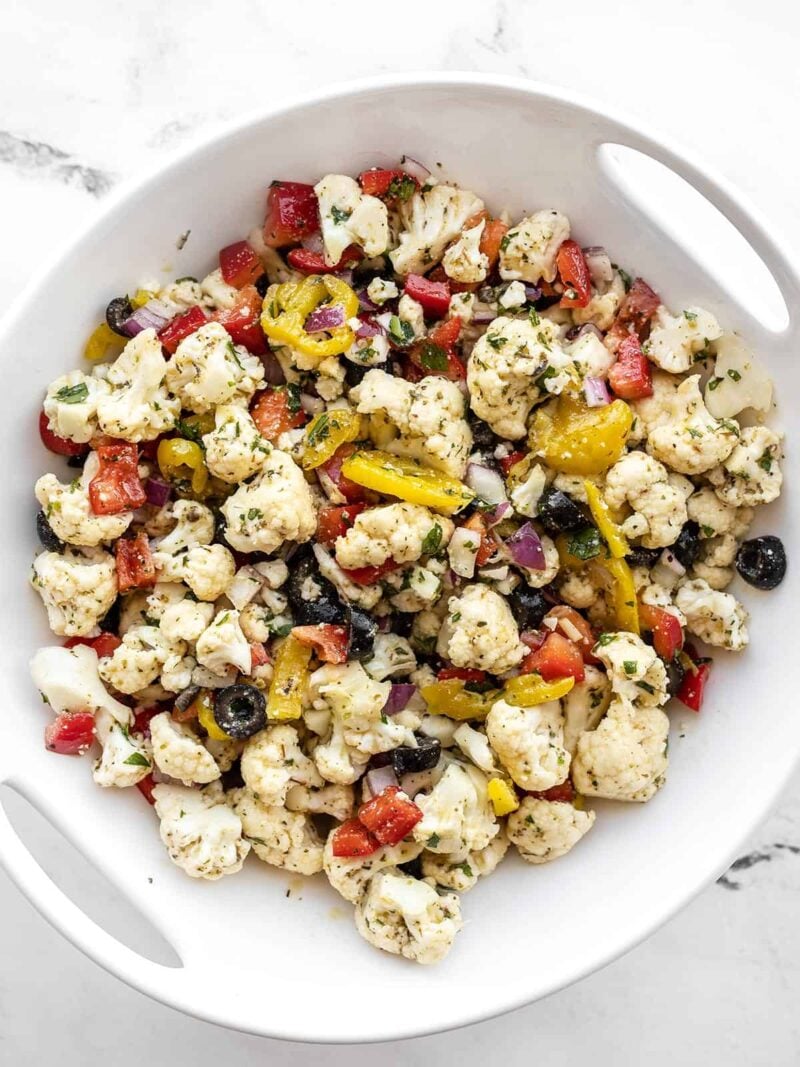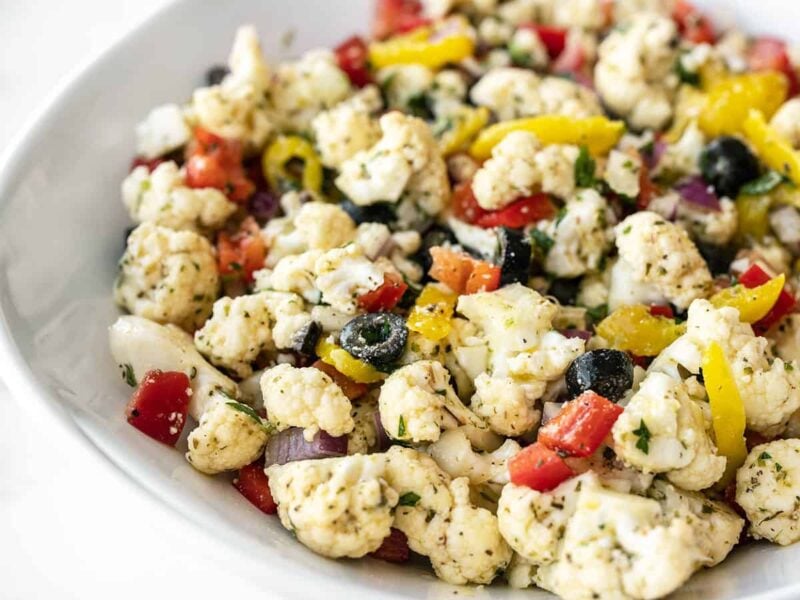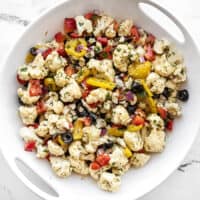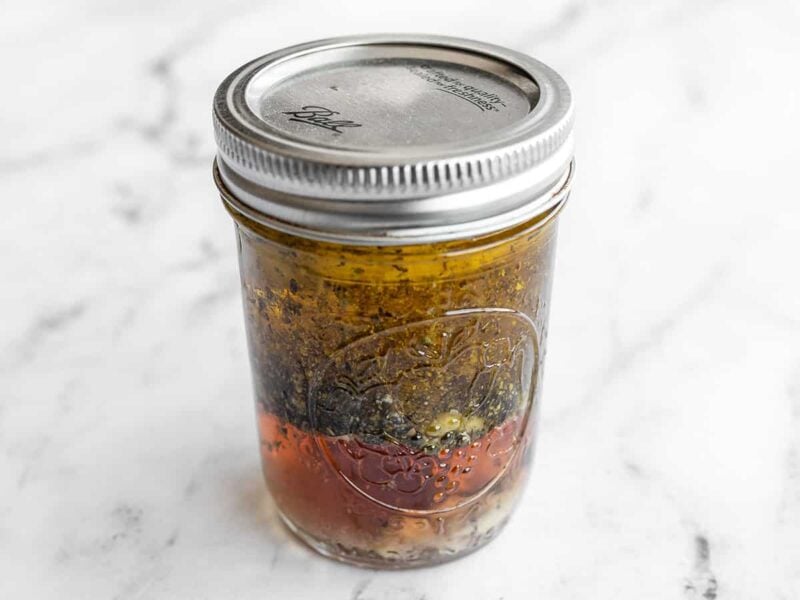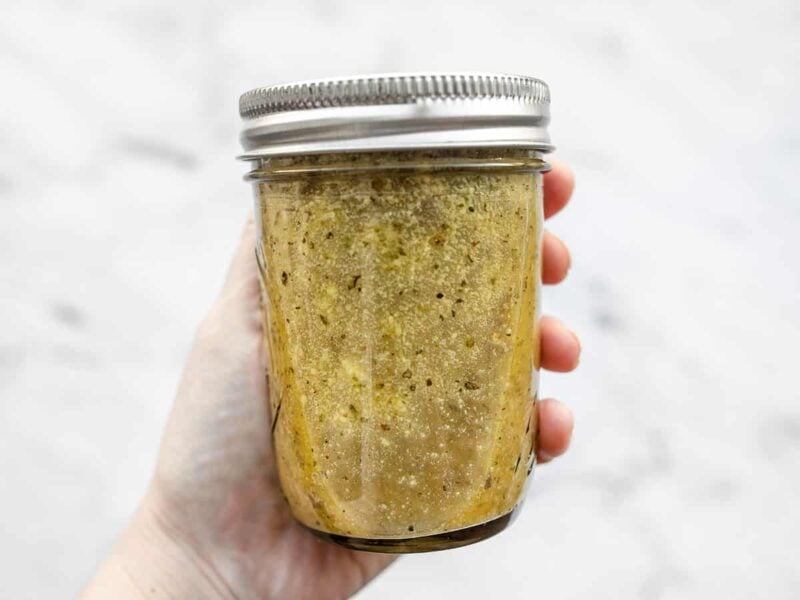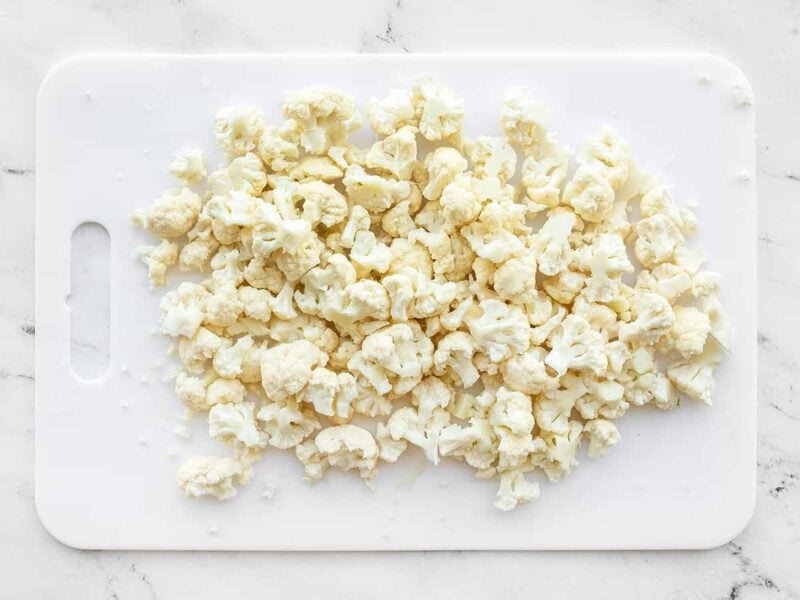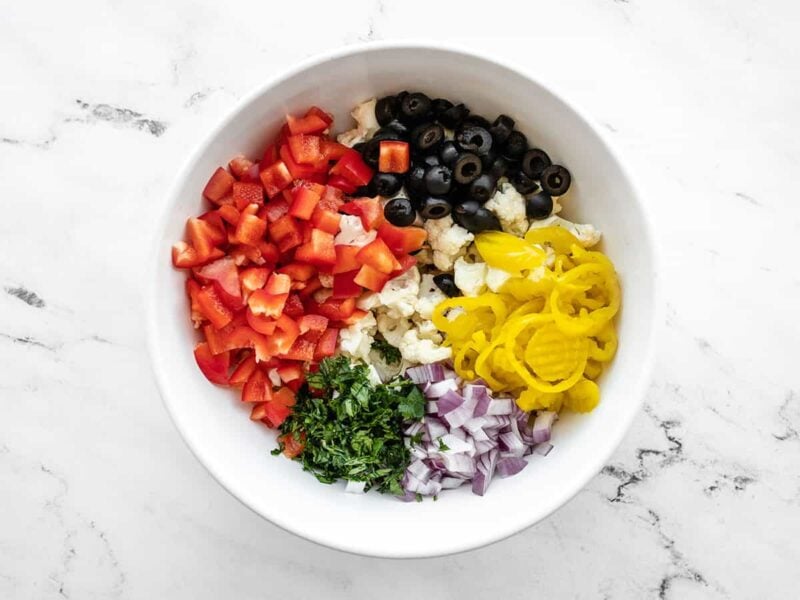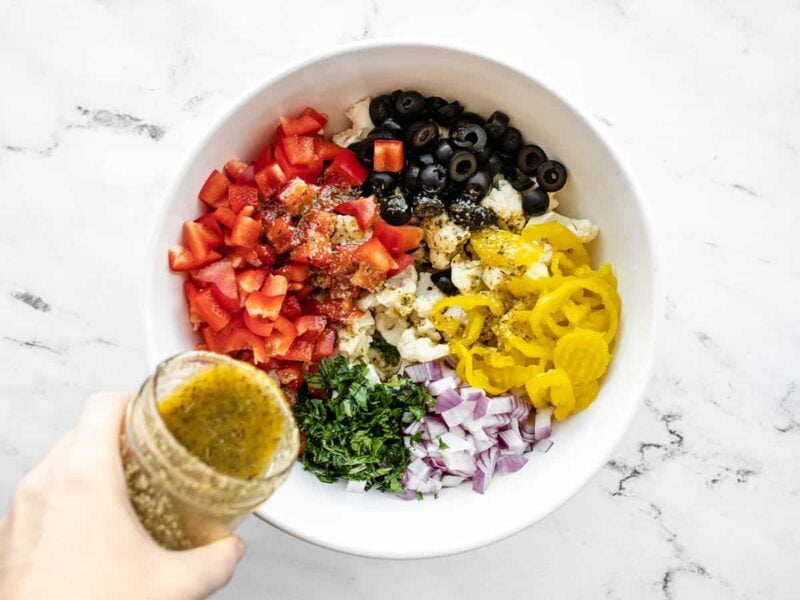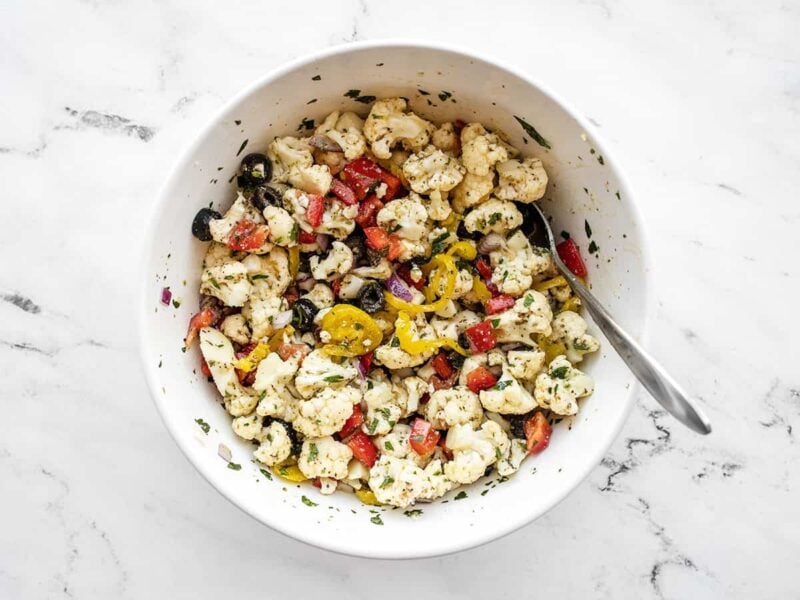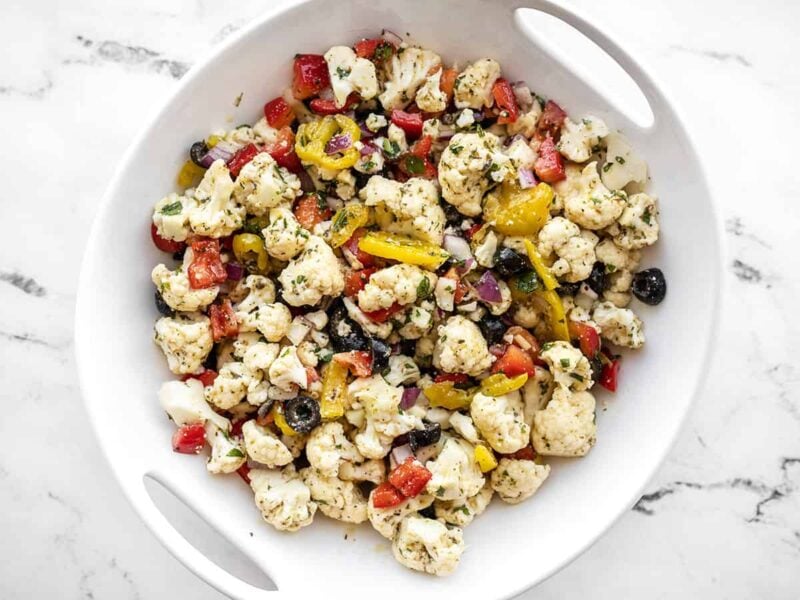On calling bluffs, escape velocity, and the futile, necessary, but probably still futile, work of reclaiming some of our relatives from history’s flaming dumpster. Content note: Sometimes honestly talking about authoritarian stuff and white supremacy means describing it, so there are examples of actual racist and xenophobic statements from relatives herein.
Dear Captain,
I (she/her,18) have a multifaceted problem that I would appreciate some help with. It stems from a larger more managed issue (Thanks Therapy), but I’ve been thinking a lot about it as I plan to essentially flee for college next fall, COVID-19 permitting.
I am left-leaning and queer while my family is conservative. This is fine with most of my family, I’m in the closet and none of them are actively politically engaged conservatives, except for my Mother. She and I used to (Again, Thanks Therapy) get into Fights about politics among other things on an almost weekly basis. Fights would almost always be multi-hour affairs where both of us ended up in tears, have gotten physical a few times, and resulted in threats to not pay for my college. I made the safety decision to stop Talking Politics at home.
I have managed to set up boundaries, though they have to be non-explicit as my Mother feels that any boundaries are a Personal Attack on her. I avoid watching the news with my family and have been forced to develop a Fox News Anchor Acceptability Ranker. I don’t bring up anything that might be construed as political. I do not express emotion when they try to talk politics or watch the news (No matter how much I want to beat Tucker Carlson’s head in with a heavy statue of Zora Neale Hurston). The issue is that literally anything I say can set my mother off on a political rant. All examples are paraphrased, but relatively accurate.
Example One:
Me: “My friends and I are laughing at the fact that they are making a 2nd Tall Girl Movie”
Mother: “What is Tall Girl?”
——–Captain Awkward, interjecting: What is Tall Girl? :googles: Ah, I see. Carry on. ——-
Me: (explains Tall Girl in its profound stupidity)
Mother: “See this is what Liberals do. Now everyone thinks they can complain about their life problems. It’s making our children weak, etc.”
Example Two:
Me: Shows Father (who is normally Fine) picture of ugly bathroom in an expensive house “Isn’t it wild that people pay that much money to have a toilet on a two foot tall pedestal”
Father: (laughing) “Actually some basketball players have to do that for comfort.”
——-Captain Awkward: Tall people, tall toilets, sensing a theme here possibly? ;)———
Mother: (not previously in any way involved in this conversation) “Well doesn’t that make them entitled. How could any Black person in this country be oppressed if some basketball players have access to custom toilets?”
Example Three:
Me: (talking to mother on phone about sleep-away summer educational program pre-Covid) “… Anyway my class and I just vibe with each other.”
Mother: “Vibe, never use that word again. It is an un-Christian word. You’re being brainwashed by communists that want to destroy gender.”
There are literally no topics I can safely discuss at home. What my friends are doing turns into they are actually all planning to secretly screw you over so you should never be friends with anyone. Media turns into you’re being brainwashed by liberal conspiracies. Clothes turn into weird weight shit. Cooking, my hobby, more weight shit. My feelings turn into why do you feel that way, are you saying I’m a Bad Mother.
She gets upset when I don’t talk at home. Do you have any scripts or ideas for how to manage this? I want to be able to interact with my own family without it feeling like a puzzle that will zap me if I get it wrong. I somehow still love her, I just think that we are going to have to maintain a superficial relationship for the rest of our lives. This should be easier once I get to college, hopefully out of state, but I don’t want to piss her off enough in the coming months that she won’t pay for it.
Thank You I know this is a lot,
I Just Want to be Able to Make Small Talk Without Invoking the Wrath of God
Dear Small-Talk-Wrath,
Sometimes I’m making my to-do list for the day and have this whole plan and then a letter comes in, and I’m like, HELLO, I LOVE YOU, I HAVE TO ANSWER THIS RIGHT NOW, SORRY/YOU’RE WELCOME. So, hello, I love you, this sounds awful, and I’m so glad you wrote in. I offer both advice and commiseration.
First things first: Commiseration, obviously. YOU ARE NOT ALONE in having a controlling, authoritarian relative who has embraced cruel, authoritarian ideologies. Listen to this podcast about Fox News and family estrangement and/or read this article. There is a definite Thing happening, where scary authoritarian propaganda and misinformation and conspiracy theories are combining with a failure to govern are combining with pandemic anxieties are combining with white supremacist awfulness are combining with toxic hierarchies in families are combining with… (etc. times infinity) Those links run through some of the whys and possible solutions for what’s happening.
This isn’t just a 2020 thing or a 2016 thing or a generation-specific thing, or even a Facebook thing, this used to happen with my Grandpa, too, where we’d be talking about something I am an expert on, relative to him, and I’d refute some bizarre genocidal Islamophobic talking point he got from talk radio or Ye Olde Angry Old Man Internet, Home of Weird Animated Flags, ASCII Art Flags, Eagles, Crying Eagles, Eagle-Flags, Racist Flags, Jesus Flags, and Racist Jesus, On An Eagle-Flag, Exploding Out Of The Twin Towers, While (Racistly) Crying. Whenever I’d fact-check the content or push back on the overall theme of Mushroom Clouds + Racist Caricatures + Summary Executions of Abortion Providers/Havers = Patriotism?, Grandpa would say, “You’re very young, you just don’t know the truth of things” and I’d be like, I don’t have the same experiences you do, obviously, but I actually do know some things, would you like some articles? (I  citations) and he’d suddenly need to get off the phone, because nobody in the box marked “granddaughter, woman, young” could possibly also live in the box marked “actual adult, who sometimes knows things.”
citations) and he’d suddenly need to get off the phone, because nobody in the box marked “granddaughter, woman, young” could possibly also live in the box marked “actual adult, who sometimes knows things.”
Point being, if you currently have people in your family who cheer on suffering and mass death as long as it’s happening to the “right” sort of people, there’s probably a large overlap with the people in your family who already won’t take your word for anything, including your lived experiences, including your sexual orientation, including your gender and true name, including observations that the sky is blue, including your favorite chocolate chip cookie recipe. These people do occasionally accept corrections or new information, but only when delivered by someone with in-group status that they already see as an authority or peer.When I listened to the podcast I linked, it made me cry when Sarah Marshall described her hunger for her parents to just once believe what she has to say about literally anything, not just politics, because she said it. To take her at her word about a thing she knows, or feels, or something that happened to her, without second-guessing or dismissing her. I’m so sorry to everyone who asks me how to accomplish this with their families, because truthfully, I don’t know. When it was me trying to do the persuading, I failed, and not just with Grandpa.
Whenever Grandpa emailed everyone in my family (CC: all of our elected officials) with truly disgusting, vile rants, which got even worse when he started composing his own, many rolled their eyes and told him not to email them about “politics” anymore, but nobody said shit about the content, except when I spoke up, at which point everybody yelled at me for “antagonizing him” and admonished me to “just ignore it” and reminded me that “he has a right to his opinions” (the “unlike you” was silent but deadly). I do not think anyone in my family agreed with the things he wrote, but the hierarchy of obeying elders, of knowing my place, of “respect” as a thing I owed but was never owed in return, came more naturally than backing me up on “Hey, Grampa, what you’re describing here is war crimes avec un petit soupçon de genocide, actually, so, respectfully…no?” Is it “just an old man’s harmless ravings, ignore them” when our country goes to war(s) over those same ravings, when less than five years later a racist president signs a “No Muslims Allowed” travel ban on his first day at work? That too is white supremacy, deciding that somebody routinely saying violent, racist things is “embarrassing” instead of dangerous, and only requires a polite subject change because none of it is entirely real to you. If I failed to reach my grandfather with passionate engagement, I’d argue that “just ignore it and it will go away” failed just as much. We lost him long before we lost him.
“Let there be peace on Earth and let it begin with me” is a song and a way of being that he taught me. I was his favorite, all my life, the first grandchild, his pride and joy, his Scrabble partner and nemesis, the living proof that girls could do anything boys could do that he’d refused to grant his daughters, and I failed. I kept loving him and fact-checking him to the end, I asked him questions and listened to the answers, I tried to see where he was coming from and make allowances for an old soldier’s mind closing in on itself with age and the loss of my Grandma, and I failed. I constructed beautiful, researched, airtight arguments to appeal to logic and our shared humanity, and yet, I still failed. The absolute truth is that Grandpa both fought Nazis in the 1940s and sounded a whole lot like one by the time he died in 2011, courtesy of Fox News and Rush Limbaugh and Old Man Memesters, and also courtesy of whatever lived inside him that turned on certain media channels day after day because he just enjoyed his news more when it’s white and hysterical and has suggestions for who to hatemurder. Is that too harsh? The man sent me emails, plural, specifically calling for rounding up American Muslims and placing them in concentration camps after 9/11, in those words. If he were still here, he wouldn’t be a red hat cultist, mind, but he’d be one of the Lincoln Project or Susan Collins-y authoritarians who is like “ugh, so concerning!” while enabling every last vile shred of it. I hate it, and I hate knowing that there would be nothing I could do to change it.
Letter Writer, you are not alone, the people who wrote me similar letters are not alone, none of us are alone, and nobody can fight or fix this alone by being pure of heart and sure of word, is what I think. We’re going to need sustained, widespread policies and content moderation tools and journalism standards and massive antitrust actions that force lucrative platforms to stop the toxic sludge at the source because it literally gets too unprofitable to be a bunch of fascism-enabling ubrovillains. Some people’s hearts can’t be fixed with better interpersonal communications or the tempting Sorkiny fantasy that, deep down, everybody wants the same things and can be reached with the right conversation, or, in Aaron’s case, stirring-monologue-with-cheesy-music-and-hallway-power-walk. “Everyone” clearly does not want the same things, people are dying, and if our shittiest relatives want us to believe in a shared inherent human decency, I’m all about it, but I’m gonna need them to stop keeping theirs “deep down” next to the oft-mentioned “racist bone” that is 100% definitely somewhere in their bodies.
Now that that’s off my chest, Letter Writer, it’s advice time! I’d like to suggest a thought experiment/research project: If your mom did outright refuse to pay for college, what would you do?
If people don’t know, the current financial aid system in the United States calculates college costs and aid based on parents’ income, and has many flaws. One glaring one is that it doesn’t account for financial abuse (not to mention other kinds of abuse). If your parent won’t fill out the form, or decides they don’t want to pay at the last minute, you’re out of luck until you jump through many hoops to have yourself declared independent. If one must have supportive, kind parents instead of controlling & abusive ones in order to access higher education, then it’s not exactly a right, and one way to describe many “left wing” social safety net policies is the belief that nobody’s survival, safety, health, dignity or future should be subject to the whims of their abusers.
You have this year to think about and plan your future, and I think logistics are a good place to start, because in a situation where you don’t feel like you have any control, nailing down what you can do can be a way to reclaim some agency and freedom. Your choices (hide yourself and continuously find new ways to comply vs. jump out on your own at 18 during a pandemic and burgeoning recession) are not awesome, and they aren’t fair, but the more you understand them, the more choices you actually have within them. Some questions to get you rolling:
-What are the projected costs of where you want to go to school? What are your options?
-Can you (on a walk outside the house where you cannot be overheard) have a confidential talk with a financial aid counselor at your college about your situation and see what kind of options there are for students who do not have financial support from home, as well as what you’d need to do to document that? What’s on offer may be scant, but knowing is better than not knowing, and you won’t be the first or only person who has needed information about this.
-What alternate resources are there for paying for school? Think: In-state tuition at the least expensive state school, getting some requirements done at a community college and then transferring, scholarships, grants, student loans (which are not ideal, obviously, but researching federal loans vs. private ones and, again, figuring out what’s possible is a good idea). There are a lot of guides like this one out there that can give you a framework for further research, and the incoming administration is making lots of noises about free or vastly less expensive schooling that may be implemented by the time you actually start. You also need this info in case your mom pays for college in the beginning but keeps inventing reasons to threaten you and yank it away when you’re halfway through.
-What allies do you have, inside and outside the family? If it came down to it and your mom refused to pay, would your dad back her up, or would he say “That’s ridiculous” and write the checks? What are your grandparents like? Do you have favorite teachers from high school who you’d trust to explain your home situation truthfully and who would write additional glowing recommendation letters for you as you go after scholarships and grants?
-If you had to move out of your house, are there friends or relatives who would take you in for a while? If you had to delay college for a while, could you apply to a program like AmeriCorps or other volunteer service that gets you out of your house, gets you job experience, and (sadly small) college scholarship benefits?
-Is it possible to get copies of your birth certificate and ID documents, vaccination records, and school transcripts and stash them at a friend’s house in case you had to move out in a hurry?
-What options do you have for earning money and socking it away in a bank account your parents cannot see or access, and/or what skills can you pick up on the fly for free? Can you put the word out in the family that you’re trying to earn some extra money for college next year (which will be handy whether or not your mom comes through for you) and are willing to accept odd jobs?
–Ideas: “Cousin-Small-Business-Owner, I will happily proofread and clean up your website if you’ll pay me a little something and be a professional reference for me.” “Aunt Tax Accountant, do you need a willing paper wrangler for tax season? Teach me your ways.” Home organizing, tech support, “For $X plus materials I will scan, print, and label all the family photos into albums and make a digital archive for everyone.” You love cooking, so maybe something like, “For $Y plus $Z for ingredients, I will plan and make you a week’s worth of individually-wrapped lunches you can pop in your freezer.” I don’t know what you should charge for virtual babysitting/tutoring, i.e. “I will hang with your child on FaceZoom and do an activity with them/help them with their homework/read them a story/let them chatter to me about Minecraft or The Titanic for half an hour every day,” but I know that this is a thing that working parents everywhere would throw some money at.
Becoming the family scribe or Meals-On-Wheels service isn’t just about money, it can also be a way of building loving, mutually supportive ties with your elders that aren’t mediated through your mom. She is not the only person in your family, she is not the only person who gets a say in how lovable you are (very!) and who you are allowed to be (yourself, only ever yourself). If your mom has siblings, it’s likely that they know or strongly suspect how she is as a parent even if they diplomatically stay quiet, and if you’ll allow me to be your personal Machiavelli for a moment, if the shit really does hit the fan next fall, your mom’s story about your sullen teen rebellion won’t match the actual bright, conscientious sweet pea who has been cleaning Granny’s house and helping her Zoom into her virtual church services for the past six months. It’s not the worst thing ever if your mom has to weigh “how much do I want to punish and control my daughter” vs. “how much do I care about looking like a huge asshole to everyone else in the family,” and reckon with associated networks of influence and peer pressure before she makes any regrettable decisions.
THIS ISN’T FAIR. You should not have to earn your place in your family and strategically plan your next year like an intergalactic space voyage. Not every parent is willing to pay for college or even can pay for college, lots of families make agreements around minimum grade point averages and timeframes and budgets as conditions for continued support, but there’s a word for using money to threaten your kids and make them walk on eggshells around you, and a word for verbally shaming and berating them every minute of every day, and that word in both cases is abuse. Your mom is making it impossible for you to have a harmonious or authentic relationship with her, and what she is choosing, ultimately, is a future where she is something you have to escape from, keep your distance from, and discuss only the weather (a liberal conspiracy, obviously) with until the day she dies. It is unfair, it is sad, it is not your fault, and unfortunately you are very limited in what you can do to change the vibe (clearly Satanic) in your home while you still live there.
So one way I want to help you is to give you every possible resource and avenue so that if it comes down to it, and your mom says “Do this or I won’t pay for your education” or “Do this or you can’t live here,” and you reach the point where you cannot endure the abuse anymore, you can call her bluff, calmly say “Okay, if that’s what you want, Mom,” quietly pack whatever things you haven’t already stored in a backpack at your best friend’s house, and go. It will never not be scary, but if you have a plan, if you know exactly what your line in the sand is and what it means to cross it, it may also give you courage to endure the situation a while longer and a little more confidence to press your luck with enforcing boundaries while you still live there.
I humbly suggest that your mom has overplayed her hand in more ways than one: 1) If she makes good on her threats, and you still won’t comply with her, she’s going to have to work to convince you to come back under her roof or talk to her at all. Once you call her bluff? She’s done. 2) If everything you say is disappointing, and silence is also disappointing, if there’s no way you can win, then maybe you can stop playing the game so much? She’s going to pick on you because she likes it and she’s decided that’s the best way to command your attention, but you’re not causing that. You know your own safety best, so don’t deliberately escalate situations or provoke her, but if she’s going to be shitty about everything you say, and equally shitty about everything you don’t say, maybe you can say more of what you actually think sometimes and keep on shrugging the rest of the time.
If your mother really would withhold the educational help she promised you because you won’t crawl into Lou Dobb’s Neckless Hate Abyss with her all day, every day, that’s on her, that’s a choice she is making, to like the racist poison more than she likes you. And if your dad enables her? I guess he can either stand up for you or he can cry himself to sleep every night to the sound of Ann Coulter barking Nazi crap from your mom’s side of the room, which is also a thing he chose to value over his own daughter. Your parents do not own you, and this liminal period of time where you try to go along and get along and exist politely with them is a grace you are extending to them, not something you owe.
I don’t write about family estrangement for fun, and I don’t actually want people to have to choose between their families and survival and love and freedom. I know it’s jarring for people who come from accepting families or averagely-annoying families when I’m like “YOU CAN TRY TALKING IT OUT BUT YOU MIGHT HAVE TO REALLY LEAVE, THO,” and it’s heartbreaking for me, too, every time, because as much as possible, I badly want families to figure it out, to communicate, to forgive and trust and value each other, to grow to understand each other and see each other true. So, my dear, Letter Writer, I very badly want to screenwrite the future where your mom says one of the awful-and-yet-darkly-hilarious-because-you-are-a-great-writer examples you provided in your letter, and you say, “Really? Mom, when you say that stuff to me, what is it you hope will happen?” after which you and she will finally have a real, adult conversation where you hash it out, and mutually, respectfully decide that you don’t have to agree with each other in order to be kind to each other.
But in my opinion and experience, family dynamics like yours and parents like your mom do not change unless the power dynamics change, and sometimes the reminder that you could walk away if you really had to is the only thing that makes it safe or even possible to keep engaging. “Deep breaths, I’m going to take it one visit at a time, and if it’s terrible, I’m allowed to leave and try again another time” isn’t “Fuck you, parents, who needs ’em anyhow,” its “I am trying desperately to stay connected to people I love, in spite of everything.” Abusive parents are not created by disobedient children, there’s no amount of love and duty and compliance that turns an unkind person into a kind one, and sometimes there is no safe distance at which you can coexist. This is true in romantic relationships, this is true in friendships, and this is true in families.
Right now, the bulk of the power lies with your mom. If she has the purse strings, and if she’s determined to use everything she has, including physical violence (past, sounds like, but still possible) and threats, to get you to undergo the Dutiful Daughter 3000 personality extraction procedure so she can finally own everything about you, including your sexuality, body shape, calorie intake, vocabulary, social interactions, political opinions, and frequent reassurances that she is a great mom, there is zero persuading her to behave differently until you have done something to rebalance the power between you. After going to therapy, you’ve already done some things to give her less power over you, but they all involve diminishing yourself, reacting less, hiding your feelings, holding in your opinions, trying to become so small and so harmless so maybe she won’t pounce today. That’s helped, some, but there are limits. You cannot sustainably remain this small and silent, and you cannot persuade someone who corrects every word that falls out of your mouth and every bite of food that goes into it to deliver basic kindness and respect until there is something she wants more than she wants your compliance.
“Please be nice to me because I need that from you, my Mom, a person I love and who says she loves me” = No.
“Please be nice to me because it’s the right thing to do and probably easier than dreaming up new ways to be a jerk” = Not good enough.
“Can we try a thing where you are at least as nice to me as you would be to a random coworker or possibly a houseplant”= Not getting it done, sorry.
“I’m going to really try to stick to safe conversation topics and not set her off this time” = She’s going off at least twice a day like clockwork, you’re not the one causing any of this.
“Be a basic amount of nice to the daughter you have, or you’ll end up with no daughter, because I can withstand your disappointment, and I can grieve and survive your absence, but I won’t participate in your unkindness” = That’s a boundary that can’t be threatened or explained, it can only be enforced over time, but once you do start enforcing it, giving her time and attention when she is kind and removing it swiftly when she is not, it might get her attention, even if she never understands it or takes responsibility for what she did to cause it.
Since she wants your attention badly and wants to be seen as a good mom (way more than she wants to actually be a good mom to you, sadly), it’s hard to reconcile “I am a wonderful mother!” with “Whatever happened to your daughter, does she ever visit?” and once you’ve had a chance to pull away and she learns that visits and phone calls are optional and happen on your terms, she might find that she can make an effort to be a little nicer and more respectful after all. You might be able to rebuild something from that. Nothing close, or self-aware, or real, or relaxing in any way, but something.
If you leave, and she still refuses to grant you the courtesy one would display when renting a car at an airport or dropping a package off at the post office, she can spin whatever story she wants about your sinful gay abandonment (and lots of estranged parents do, claiming they don’t understand what happened), but you – and she, on some level – will always know that the real story is “I threw a wrecking ball into my daughter’s economic future because she wouldn’t obey me, just because I could, and I could probably get her to visit anytime if I’d only apologize, turn off the hate-box, and stop criticizing her for five minutes in a row.”
In the meantime, you are very, very, smart to figure out what your boundaries are, to de-escalate and “grey rock” it wherever you can, to hold onto your friendships and support system, to try to have an independent relationship with your dad, and to try to wait it out for now. Beyond that, as much as you want authentic conversations with your mom and would settle for some neutral ones, she is some mix of incapable and unwilling to have those with you. From what I can see, you are already doing all the work you can conceivably do here just to survive another year in this house, and the status quo might be as good as it gets until you can get away.
Your small quiet room is out there, somewhere, and if you can hang in long enough to find it, I have done my job today. Please know that I’m sending you all my corrupting Satanic influence, communist gay unicorns who hate rules, and proud antifa love.
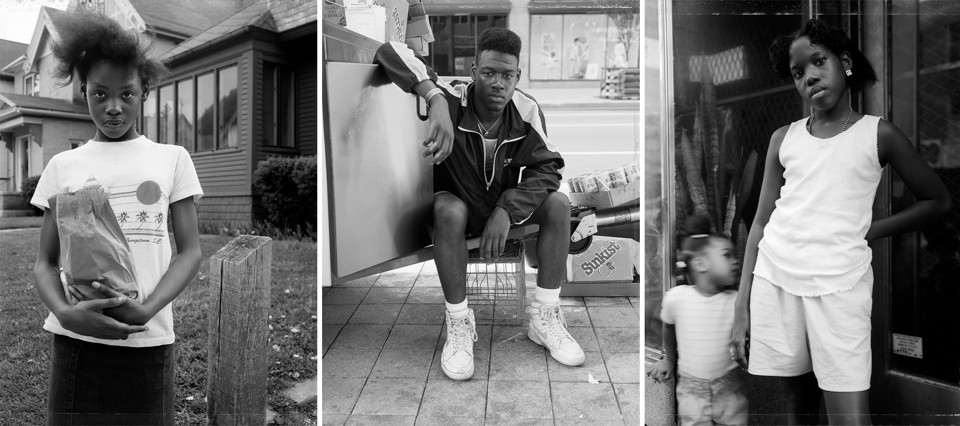
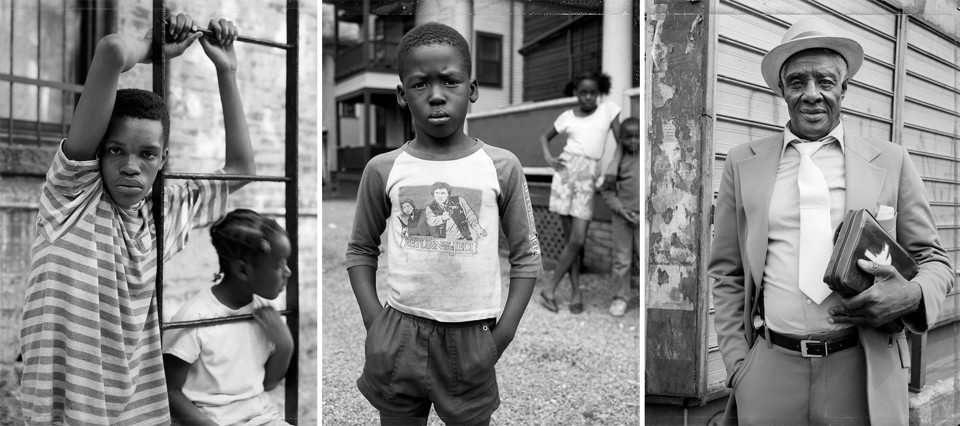


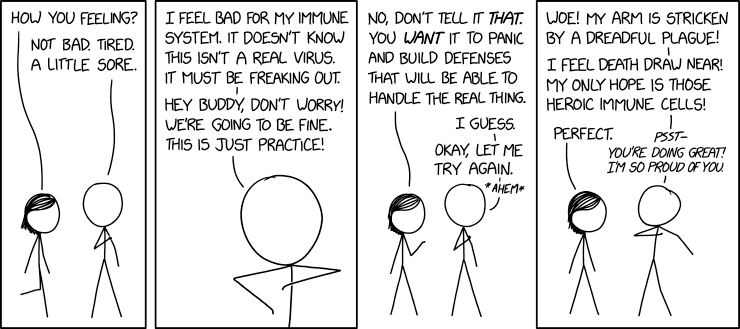
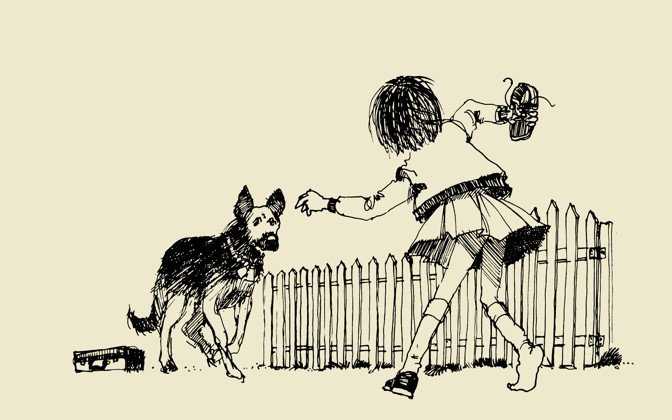
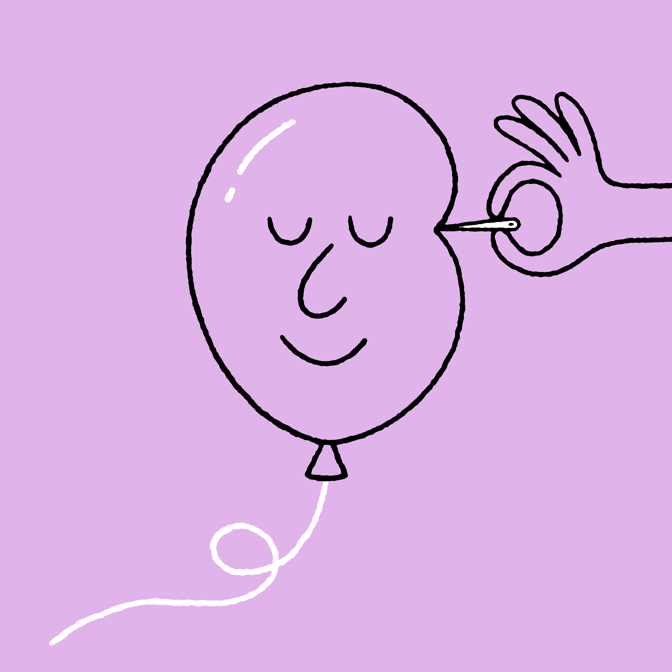

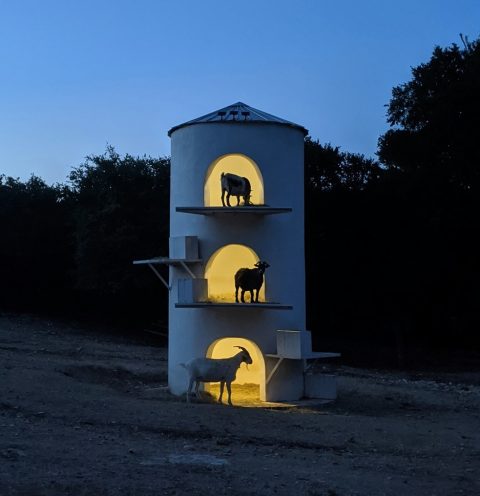

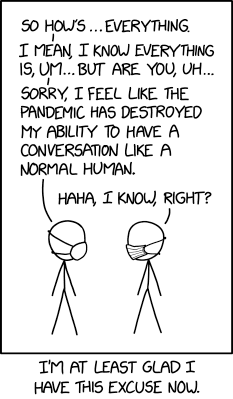
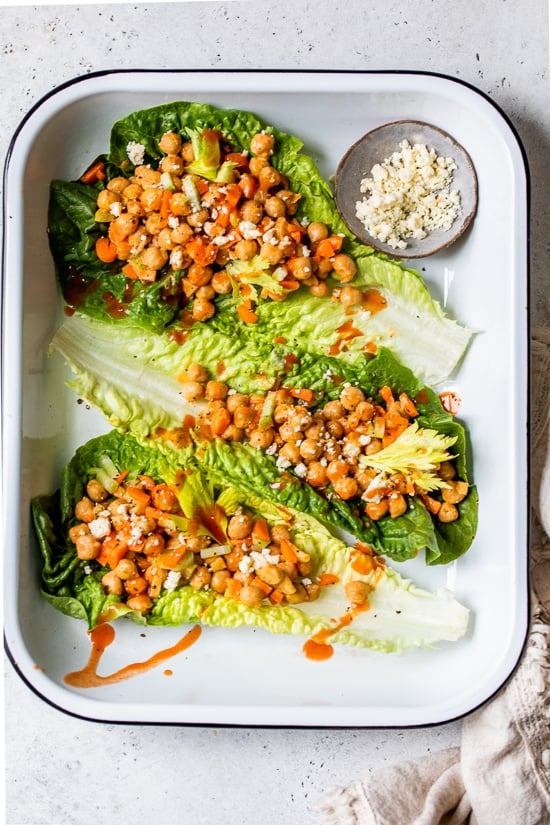

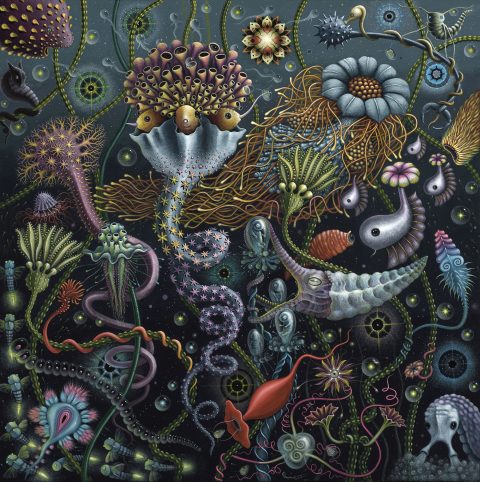
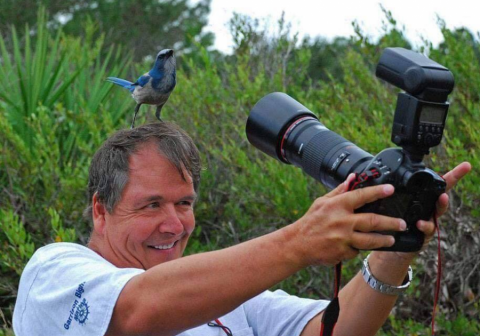








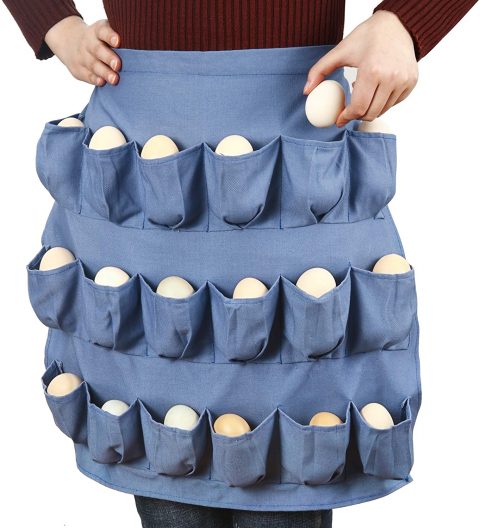
 and are trying not to be a tacky asshole to people who truly did get you through some dry and lonely times. “Survivor guilt” isn’t the right term for it, but it’s something like that. People are fucking lonely, they’re acting out in ways that their better selves will cringe at someday, and you do actually care about these people a whole lot and you don’t want to make them feel bad if you can possibly help it.
and are trying not to be a tacky asshole to people who truly did get you through some dry and lonely times. “Survivor guilt” isn’t the right term for it, but it’s something like that. People are fucking lonely, they’re acting out in ways that their better selves will cringe at someday, and you do actually care about these people a whole lot and you don’t want to make them feel bad if you can possibly help it. 

